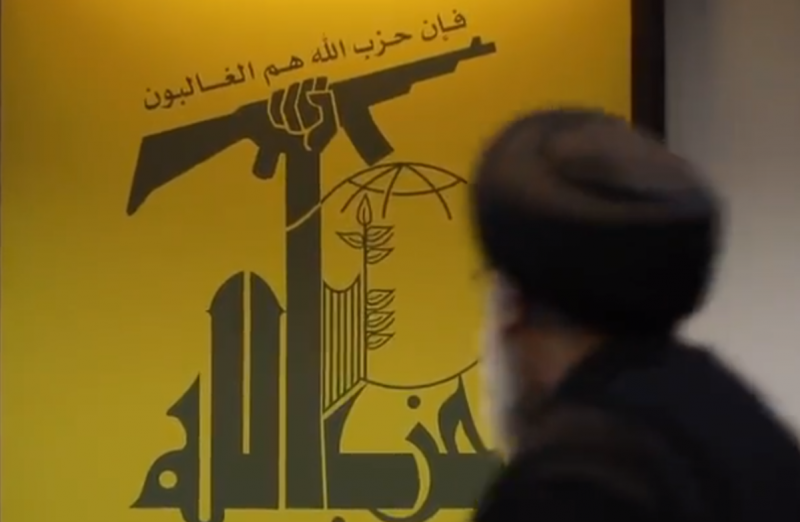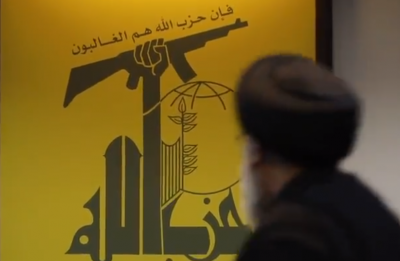The Secretary-General of Hezbollah, Sayyed Hassan Nasrallah, confirmed in a celebration marking the fourth anniversary of the assassination of Qassem Soleimani and Abu Mahdi al-Muhandis, held at the Sayyid al-Shuhada complex in the southern suburb of Beirut, that the blood, sacrifices, and patience will yield only blessed results that will bring goodness to the entire nation. He emphasized that "this war on Lebanon was prevented by two factors: the first is the rapid response of the resistance to open the front, which deprived the Israelis of the element of surprise, and the second is the strength, courage, and audacity of the resistance." Nasrallah threatened: "If a war is waged against Lebanon, our fighting will be without limits and rules." He vowed that "the assassination of Sheikh Saleh al-Arouri is a serious crime that will not go unanswered, and we have the battlefield, the days, and the nights." He indicated that after the "absence" he allowed for the battlefield to speak, he would divide his remarks into two parts, with statements today and next Friday when he has an anticipated speech.
He stated: "What we see today in Gaza and the battlefields is strongly influenced by Qassem Soleimani since he took over the leadership of the Revolutionary Guard in Iran." He added: "We were listening to the mother of the martyr leader, Sheikh Saleh al-Arouri, and his sisters speaking with steadfastness and strength, as is the case with all honorable families everywhere. We extend our condolences and congratulations to all these martyrs who walked the path to Jerusalem and salute all their families who express their faith, steadfastness, and resilience. Martyr Sheikh Saleh al-Arouri was a great jihad leader who spent his life until the night of his martyrdom in jihad, resistance, and action."
Nasrallah connected resistance in Iraq to the legacy left by Soleimani: "This strong and capable resistance in Iraq has known supporters and those who back it, and Haj Qassem did not abandon this resistance despite the threats; he never hesitated for a moment to continue supporting the Iraqi resistance that achieved this victory."
He viewed that "the axis of resistance is united on a clear strategic vision where enemies and friends are identified and the goals are clear. In this experience, there are no slaves—there are only leading masters and martyr leaders who create victory for their nation."
Regarding the Al-Aqsa Flood operation, Nasrallah believed it would have the greatest impact in the region for several reasons, including bringing the Palestinian cause back to the forefront and limiting the Israeli enemy, which has revealed its true nature. He said: "Despite the massacres and attempts by some to hold the victim accountable while absolving the butcher, opinion polls confirm a rise in support for resistance movements in Palestine."
He added: "When we see the size, importance, and greatness of the results and achievements that have been accomplished so far, we will be increasingly submissive and content with the scale of sacrifices." He praised the shift in American public opinion to understand the reality on the ground in Palestine. In light of the events in Gaza, the tables turned, and American polls indicate that more than 50% of American youth believe Israel should be dismantled and all of Palestine returned to the Palestinian people.
As for the impact of the Al-Aqsa Flood on Israeli society, Nasrallah pointed to the collapse of deterrence and the "shattering" of the entity before the settlers. He added: "Among the results of the Al-Aqsa Flood is the fall of Israel's image in the world that was promoted by Western media. In reality, there is no Israeli victory in Gaza." He noted that "if Israelis lose their security, they pack their bags and leave because they are not prepared to live under the fear of war and rockets and with a government that does not know how to protect its citizens.”
He asserted that the Israeli army does not declare the real magnitude of its losses, and the Al-Aqsa Flood and the situation on all fronts have shattered the theory of a safe haven upon which Jewish immigration to occupied Palestine was based. He addressed the Lebanese people, saying: "The experience of the Al-Aqsa Flood has taught us that the weak do not matter to the world, and this is what international organizations have done. This experience indicates that if you are weak, the world does not recognize you or defend you, and no one will weep for you. What protects you is your strength, courage, fists, arms, rockets, and presence on the battlefield. If you are strong, you command respect from the world."
Regarding Hezbollah's handling of the events in Gaza, he stated: "The Israelis expected Hezbollah to enter the battle so that they could resort to others to rid themselves of the party. The quick entry of the Lebanese front into the battle deprived the Israeli enemy of the element of surprise." He noted that "we opened the front in Southern Lebanon in support of Gaza, while considering national interests." He viewed what happened yesterday as a serious crime because they "murdered Sheikh Saleh and assaulted the Dahiyeh." He clarified: "We received messages at night that the target was Hamas and not Hezbollah, and such a justification does not pass even with children."
He stated: "War with us is very costly, and so far we have been careful about national interests in Lebanon. However, if we go to the war option, no one should test us: 'Whoever thinks of war with us will regret it, and it will be costly. If we have been cautious about Lebanese interests so far, if a war is waged against Lebanon, then the requisite of Lebanese national interests is that we take the war to the end without limits.' We are currently fighting on the front with calculations, so there are sacrifices, but if the enemy thinks of waging a war on Lebanon, then our fighting will be without boundaries, limits, and ceilings."




